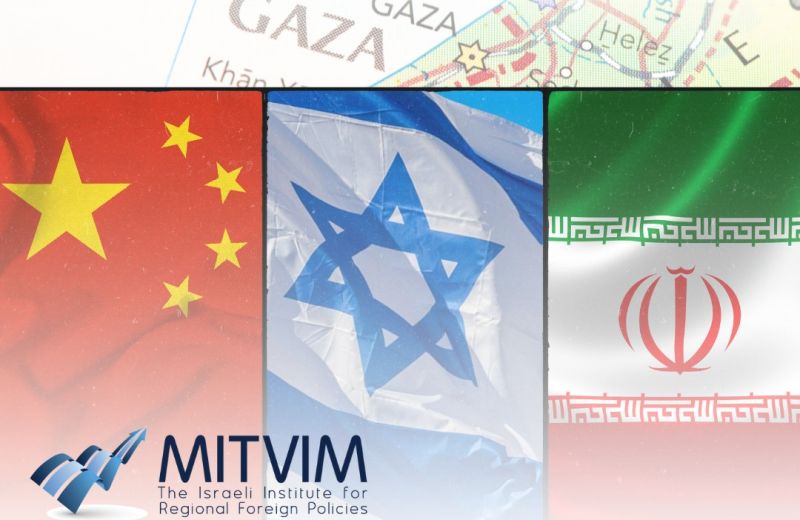
China’s strategic shift: Navigating relations with Israel, Iran in a changing Middle East – opinion
If Israel plays its diplomatic cards wisely, it could redefine its bilateral relationship with China in the wake of the Iran war.

If Israel plays its diplomatic cards wisely, it could redefine its bilateral relationship with China in the wake of the Iran war.
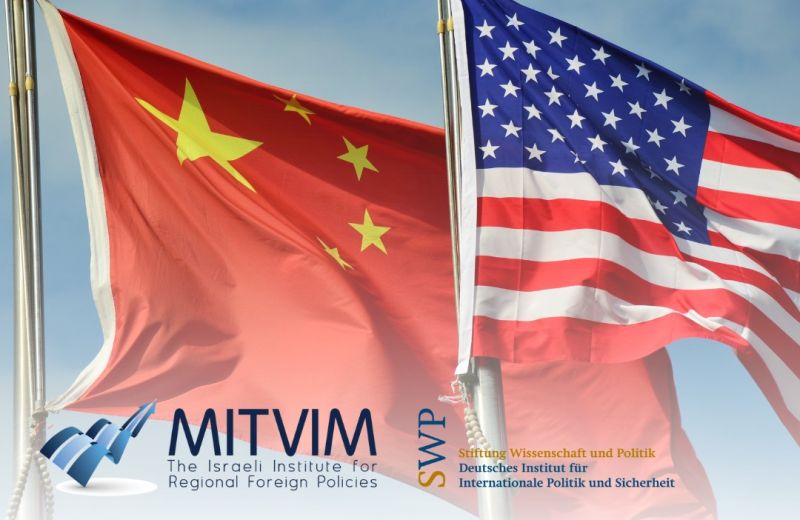
The Mitvim Institute recently convened a high-level expert roundtable, held via Zoom, to explore the evolving dynamics of U.S.-China relations and their profound implications for the Middle East.
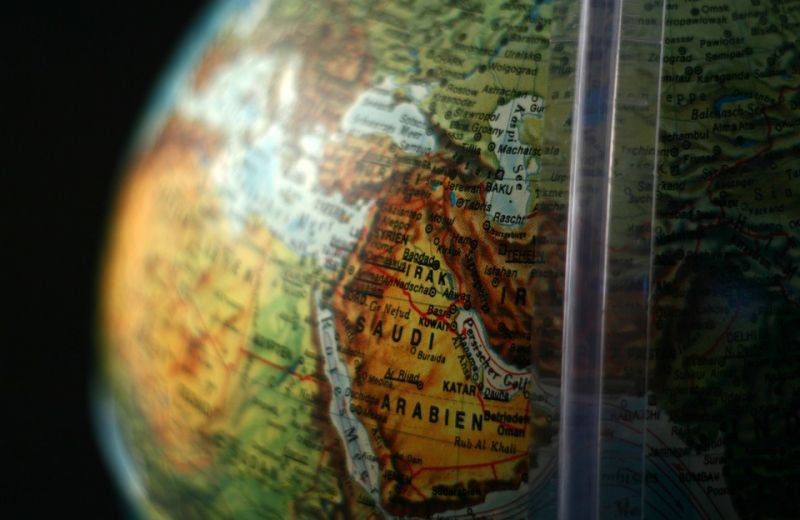
This policy paper sets out the various interests and goals of global powers (the US, Russia, China and the EU) in the Mediterranean, and the measures they are undertaking to implement them. The
The quick-fire coronavirus spread and the response of different countries to it, not only highlight immediate concerns about public health, but also have a significant impact on the evolving
Israel and the EU maintain exceedingly close relations with each other. The EU is Israel’s largest trading partner and has extensive cultural and political ties to the country. Despite this,
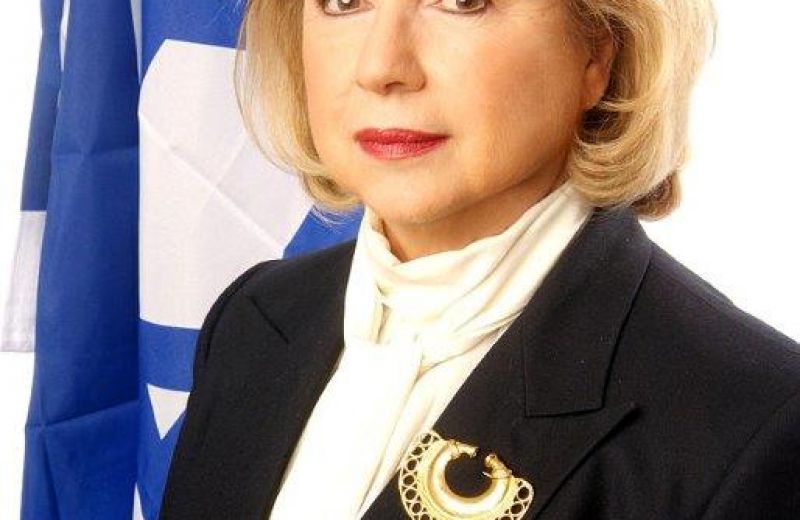
“In the last decade of the twentieth century, atlases, history and geography books no longer present an up-to-date picture of the world. Walls of enmity have fallen, borders have disappeared,

Prime Minister Netanyahu used foreign policy as major theme in the 2019 election campaign. Giant billboards depicted him standing alongside President Trump. His aides pointed to his diplomatic
President Trump’s meeting with Kim Jong Un took place at a perilous time for American diplomacy. The meeting came on the heels of a surprising dispute with Canada, Germany, and France at the G7
On June 1, Russian Ambassador to the UN Vasily Nebenzya told the press that he “believes” that his country and Israel reached an agreement regarding “certain disengagement in the southwest of

In December 2017, while the UN General Assembly voted against the American decision to recognize Jerusalem as Israel’s capital, and while Palestinian leaders were seeking an alternative mediator
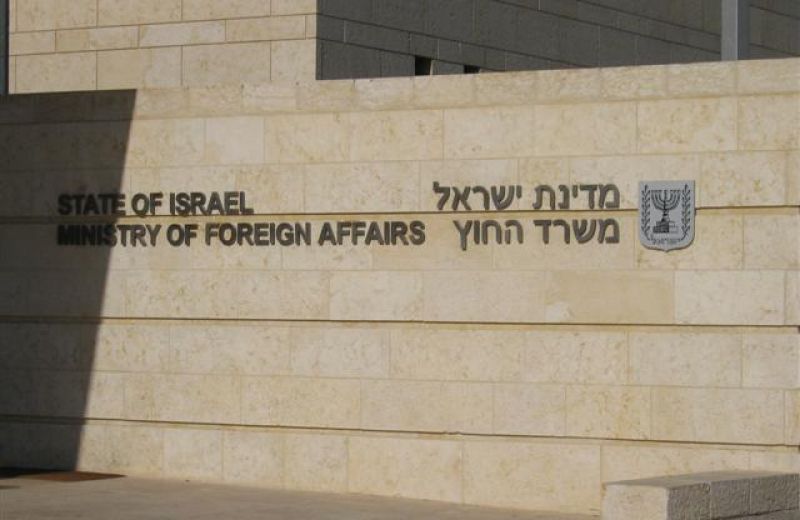
Israeli foreign policy should shift from contrarianism to integration, and work toward a more committed role in international institutions and increased share in foreign and humanitarian aid. The

Benjamin (Bibi) Netanyahu’s March visit to China seemed to revolve around economic issues. The Israeli media reported that the main goal of the visit was to advance IsraeliChinese economic

On July 20, 2016, the Knesset Lobby for Regional Cooperation held a conference at the Knesset, in cooperation with the Mitvim Institute, on the need for an Israeli regional initiative that can

Do not write off states as power brokers in the Eastern Mediterranean maritime arena just yet. It is easy to do so. Great powers (past, present and aspiring) as well as non-state actors seem to

